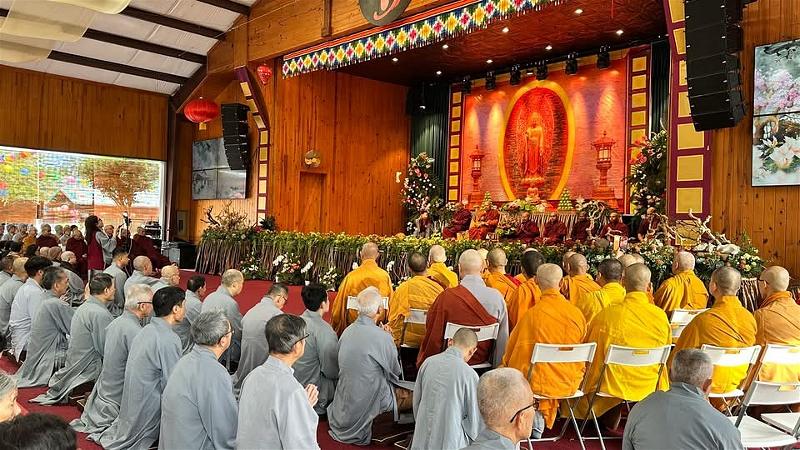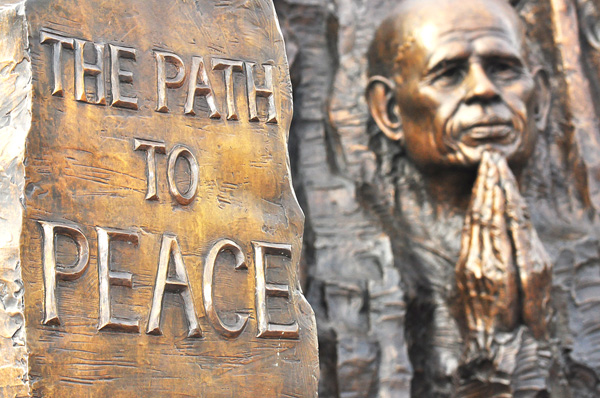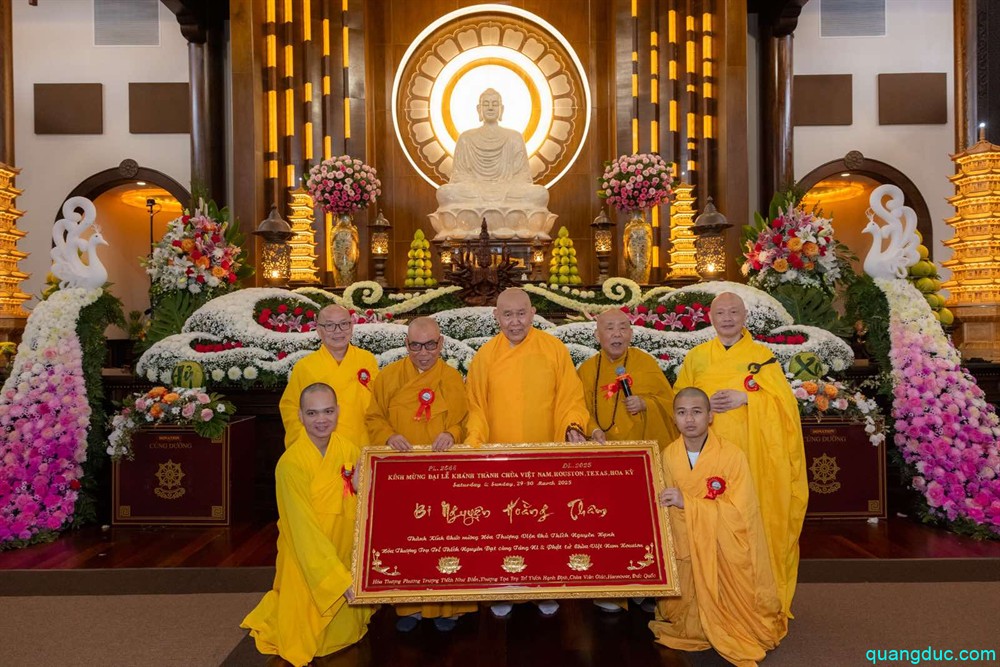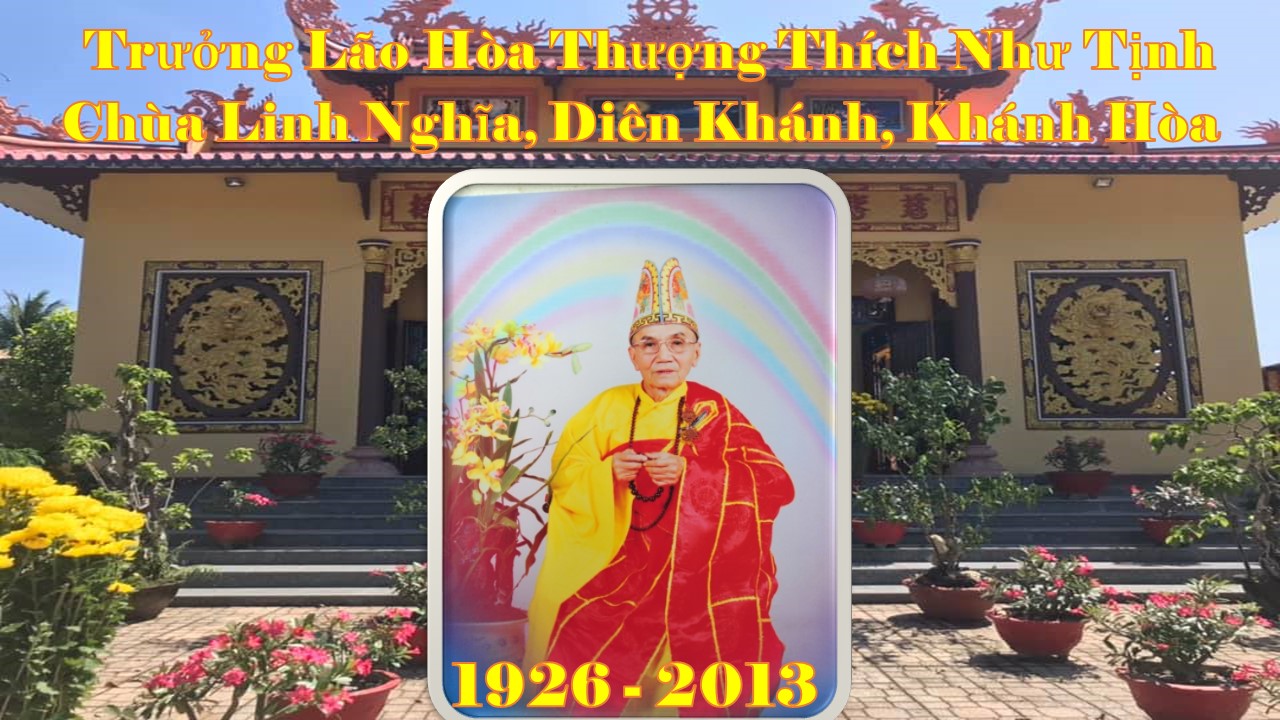
THE SIX WAYS OF THE TRUE BUDDHA DHARMA ACCOMPLISHMENTS
Explaining the meanings of the phrase “the Six Ways to accomplish the true Dharma of the Buddha” in the process of reading, learning, understanding, applying, and practicing Buddhist scriptures into daily life diligently, mindfully, and heedfully.
- Hearing of Accomplishment (聞 成 就): Văn means hearing or listening; who heard? Venerable Ananda heard. What did he hear? He heard the Buddha’s teachings. How did the Venerable hear them? He heard them clearly, remembered them carefully and in detail. One of the ten great monastic disciples of the Buddha, Venerable Ananda, the faithful attendant of the Buddha, could much hear, remember clearly, and absorb all the discourses fully.
After officially becoming the attendant of the Buddha, Venerable Ananda requested the Buddha to re-preached all the discourses that the Venerable had not heard yet. The Buddha happily agreed to the requests of the Venerable Ananda.
In the first Buddhist Council, Venerable Ananda, who was responsible for reciting all the discourses, especially Sutta Pitaka.
Normally, the first sentence of a Sutta, we often encounter “Thus have I – the Venerable Ananda – heard,” in order to emphasize and confirm that the Sutta we are chanting and practicing is proclaimed and spoken out by the Buddha himself.
- Confidence of accomplishment (信 成 就): First, believe deeply in Venerable Ananda, Arahant, much heard and remembered all the discourses very clearly and in detail, and recited them all after the Buddha passed away; Second, with right view. right intention, and right confidence, we absolutely trust in the truths of the Buddha.
- The time of accomplishment (時 成 就): The time when the Buddha preaches the Dharma, the time when those who listen to the Dharma, understand the Dhamma, practice the Dharma, enjoy the Dharma, apply the Dharma, propagate the Dharma, and protect the Dharma, have the ability to treat and transform suffering for the body and mind.
All the times between the Dharma preacher and the Dharma listeners, or transmitter of the truths, illuminator of the truths and the receivers of the truths, have been fully accomplished.
- Master of Accomplishment (主 成 就): During teaching, the Buddha, the Dharma Teacher, skillfully uses his words, images of parables, metaphors, comparisons, similes, and inductive and deductive methods to help his disciples easily hear the Dharma, feel, understand, and practice the Dharma, the Truth of the Buddha deeply.
- Place of Accomplishment (處 成 就): Anywhere, any place, and any country, where the Buddha and his disciples have resided and propagated the Dharma anciently as well as presently, there has never happened to any religious war, and vice versa, there they have contributed to bringing peace, harmony, reconciliation, joy, and happiness to the many right in the present life right in this world.
- Assemblies of Accomplishment (眾 成 就): This sense includes Buddhist monks, Buddhist nuns, novice monks, novice nuns, lay male devotees, lay female devotees; all of them have accomplished well in the aspects of Dharma learning, Dharma practice, Dharma understanding, Dharma joy, Dharma happiness, Dharma achievement, and Dharma attainment.





















